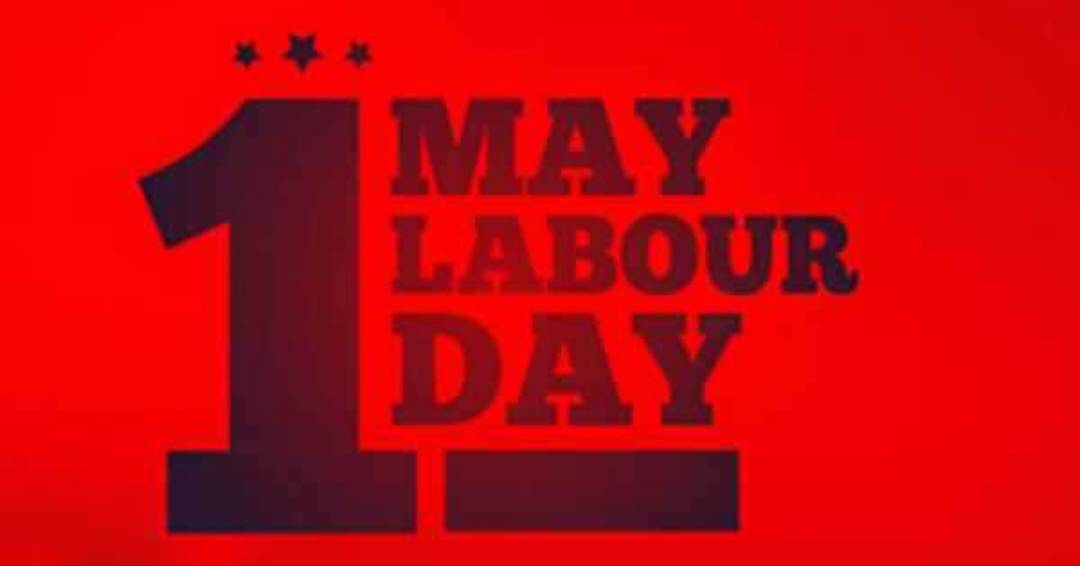
For many people around the world, the first day of May is just another ordinary day. But for those who celebrate Mayday, it is a time of reflection, renewal, and community. Mayday, also known as International Workers’ Day, has been celebrated in many countries since the late 19th century. It is a day that commemorates the struggles of workers and celebrates their achievements. But Mayday is more than just a labor holiday; it is a global phenomenon that unites people from different cultures and backgrounds.
The roots of Mayday can be traced back to the 1880s when labor movements around the world were fighting for better working conditions, higher wages, and shorter working hours. In 1886, workers in Chicago organized a strike to demand an eight-hour workday. The strike turned violent, and several workers were killed in a confrontation with the police. In the aftermath of the strike, May 1 was chosen as the date for a global workers’ demonstration, and the tradition of Mayday was born.
Over the years, Mayday has evolved into a day of protest and celebration. In many countries, workers march through the streets, carrying banners and chanting slogans. In some places, Mayday has become a day for political rallies, with speakers addressing crowds of people on issues such as workers’ rights, social justice, and the environment.
But Mayday is not just a day for workers. It is also a day for communities to come together and celebrate their shared values. In some countries, Mayday is celebrated with festivals, parades, and picnics. People dance, sing, and eat together, sharing their traditions and cultures.
Mayday has also become a symbol of international solidarity. In many parts of the world, people who are fighting for their rights and freedoms look to Mayday as a source of inspiration. Mayday has been celebrated in countries where workers’ rights are severely restricted, such as China and Iran. In some cases, Mayday celebrations have even been used to protest against oppressive regimes.
Despite its long history, Mayday remains relevant today. In many countries, workers are still struggling to make ends meet, facing low wages, long working hours, and unsafe working conditions. Mayday provides a platform for these workers to voice their concerns and demand change.
In addition to its political significance, Mayday also has cultural and artistic value. Mayday celebrations often include music, dance, and theater, providing a space for artists to express themselves and connect with their communities. Mayday has inspired countless works of literature, film, and visual art, reflecting its enduring influence on popular culture.
Mayday is a reminder of the power of collective action and the importance of community. It is a day that celebrates the achievements of workers and the values that they hold dear. Mayday brings people together, regardless of their backgrounds, to celebrate their shared humanity and to work towards a better future for all.
In a world that often seems divided and polarized, Mayday serves as a beacon of hope and unity. It is a day that reminds us that we are all connected, and that our struggles and triumphs are shared. Mayday is a global phenomenon that unites the world, and that is something worth celebrating.

Post Your Comments